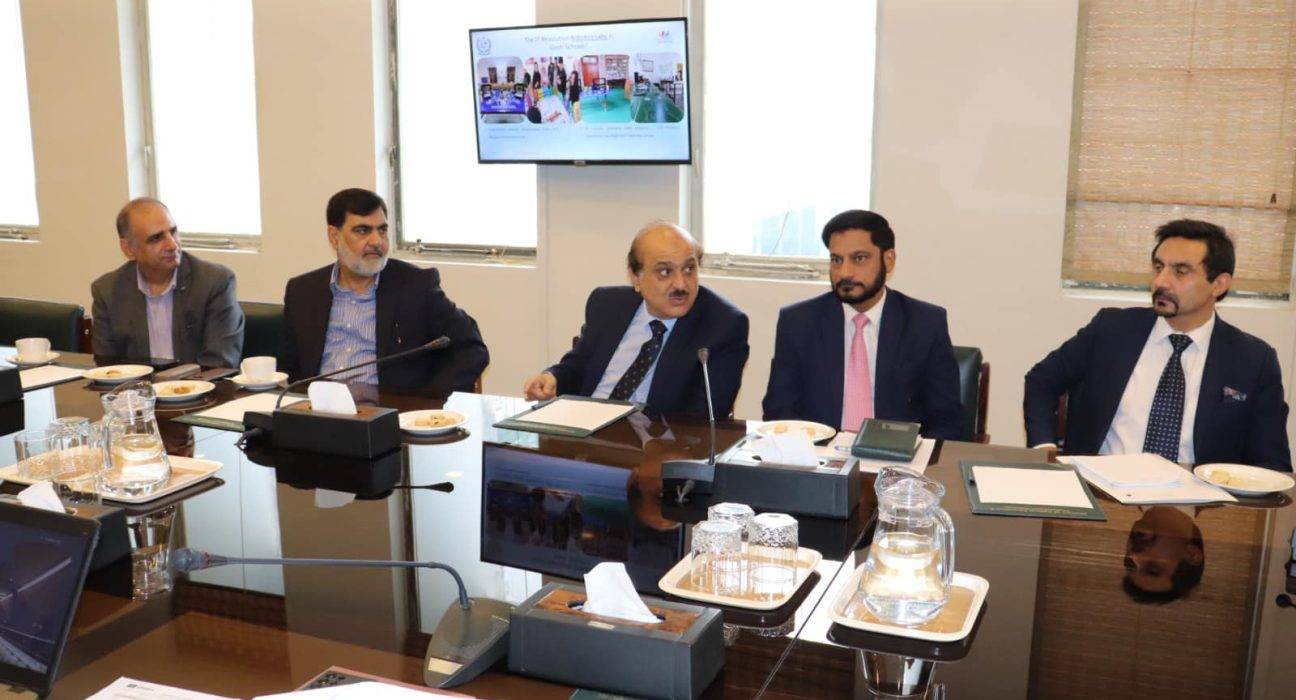In a move to bridge educational disparities for girls in Pakistan’s remote regions, the Ministry of Federal Education and Professional Training (MoFEPT), in collaboration with UNESCO Pakistan, has launched a project to promote digital education in Azad Jammu and Kashmir (AJK) and Gilgit-Baltistan (GB). The initiative will establish smart classrooms in 80 government girls’ schools, equipped with advanced digital tools to create an inclusive, technology-driven learning environment.
During a high-level meeting chaired by Federal Education Secretary Mohyuddin Ahmad Wani, senior ministry officials and UNESCO representatives discussed the project’s objectives. Secretary Wani emphasized the project’s role in reducing educational inequality, noting that the new infrastructure would serve primary-level girls in eight districts across AJK and GB.
“These smart classrooms are not just about adding computers; they’re about transforming the way girls interact with and learn from the curriculum,” Wani said. “We aim to foster creativity, critical thinking, and problem-solving skills in students through dynamic engagement with digital content and interactive tools.”
The initiative will provide a complete package for digital education, including personalized learning platforms and AI-powered tools that enhance teaching. As part of the project, local educators will undergo specialized training in digital instruction to effectively integrate these tools into their classrooms. “Supporting our teachers is essential for this transition to be meaningful,” Wani explained. “The training program will enable them to create an inclusive and supportive learning environment tailored to the needs of primary school girls.”
Wani expressed his enthusiasm for the project as a step towards achieving equitable education. “This initiative reflects our commitment to providing all children, regardless of location, with access to quality education. It’s a valuable opportunity for girls in these marginalized regions to acquire the skills necessary for success in an increasingly digital world,” he added.
The project marks a significant stride toward digital inclusion, with the Ministry and UNESCO’s shared vision for modern, equitable education at its core. Through the smart classrooms and comprehensive teacher training, girls in AJK and GB will gain knowledge and tools to build a brighter future, regardless of their geographical limitations.



